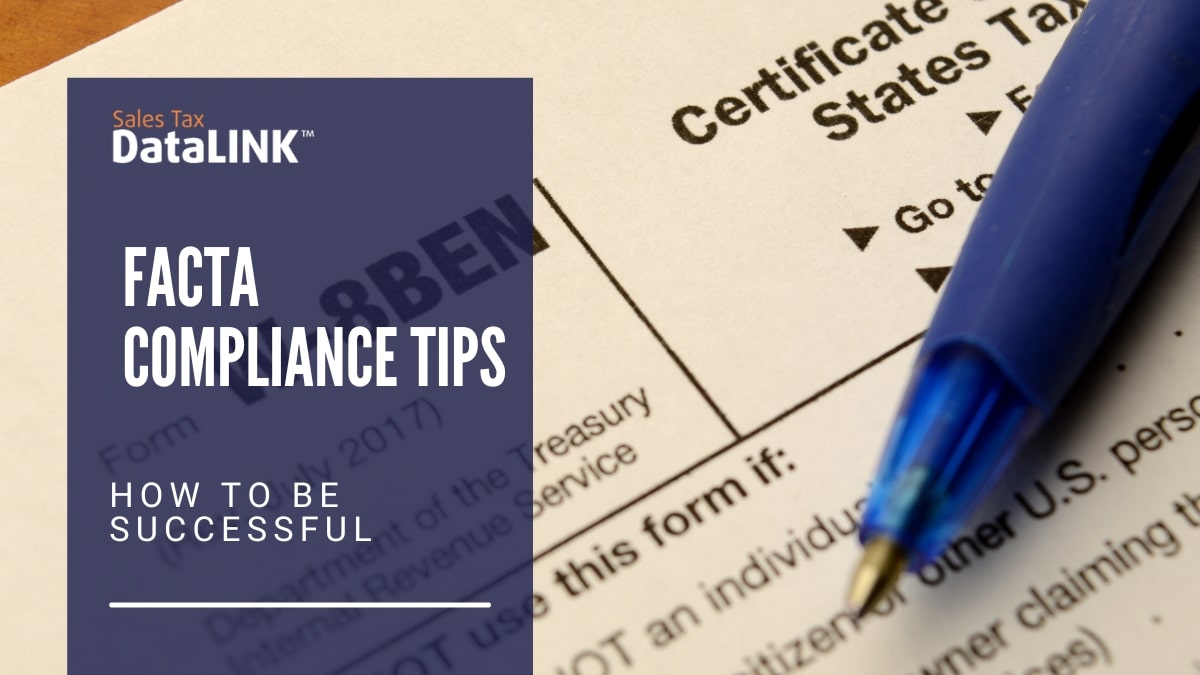The IRS is expected to begin auditing businesses for the U.S. Foreign Account Tax Compliance Act (FATCA) compliance this coming fiscal year. This puts many businesses at risk since studies suggest that businesses are still unsure about their sales tax liability under the act. In fact, 75% of polled tax professionals employed by U.S. companies state that the FATCA had little to no effect on their businesses. However, these responses hint at a very real lack of knowledge as 66% of those respondents also said their foreign payees provide services to their business that fall under the regulation of the FATCA.
When asked about their familiarity with the compliance policies of their companies, 59% confirmed that they were familiar while 41% admitted to being less than familiar with their company’s current compliance procedures.
The disconnect can further be observed when the participants were questioned about their company’s foreign liabilities and business deals with foreign financial institutions (FFIs). 61% said they don’t have any foreign payees that are classified as FFIs. 66% said their payees accept deposits as banking businesses. Some payees also trade, manage, or invest financial assets (13%), hold financial assets for others (13%), act as holding companies for investors (12%), and act as foreign-regulated insurance companies (10%). All of which potentially fall under FATCA regulations.
This lack of knowledge can be costly, and as the IRS cracks down on non-compliance these businesses could be facing significant penalties.
Steps To FATCA Compliance
Training is key when it comes to sales tax compliance. As a business owner, it is your responsibility to educate your staff about FATCA, what it entails, and how it is likely to affect your business. Even a small effort toward compliance will be seen in a better light than outright neglect, especially while the IRS is still being lenient toward companies.
Be proactive in your compliance efforts. The following are some measures that you can take today to show a willingness to comply:
- Assign A Person Or Team To Take Charge: When asked, only 23% of survey respondents said they have an in-house team responsible for FATCA compliance.
- Update Foreign Forms: Collect the new W-8 form for foreign payees, and use the new W-9 for U.S. payees.
- Create Maintenance Processes: Develop a process to collect, track, and maintain the data and documents required for FATCA reporting.
The FATCA isn’t going anywhere. If anything it will become more complex as the IRS sees how it is working and how businesses are adjusting. For compliance assistance Sales Tax DataLink offers free evaluation and outsourcing options to keep your business headed in the right direction.




